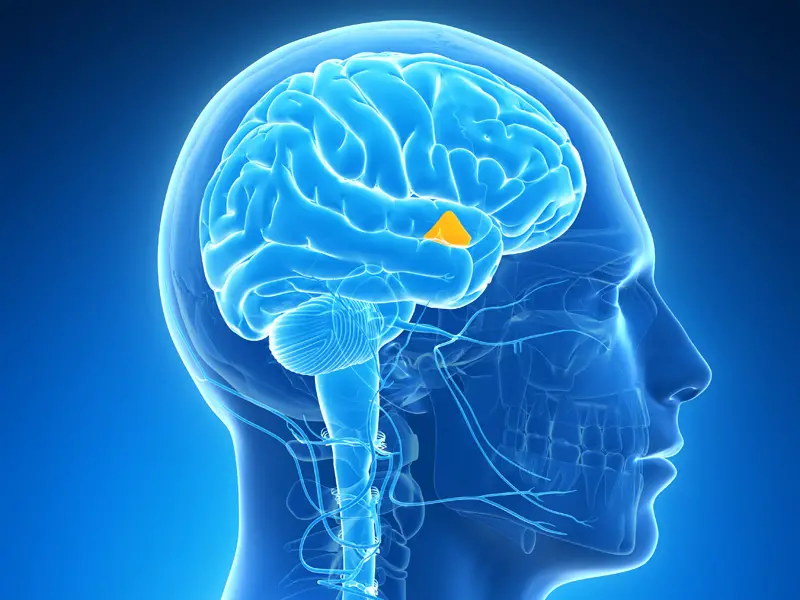
27th July 2017 Brain stem cells found to control aging Researchers have discovered that stem cells in the brain's hypothalamus govern how fast aging occurs in the body.
Scientists from the Albert Einstein College of Medicine in New York have discovered that stem cells in the brain's hypothalamus govern how fast aging occurs in the body. This finding, made in mice, could lead to new strategies for warding off age-related diseases and extending lifespan. A paper was published online yesterday in Nature. The hypothalamus was already known to regulate important processes including growth, development, reproduction and metabolism. In a 2013 paper, researchers from Einstein made the surprising finding that the hypothalamus also regulates aging throughout the body. Now, the scientists have pinpointed the cells in the hypothalamus that control aging: a tiny population of adult neural stem cells, which were known to be responsible for forming new brain neurons. "Our research shows that the number of hypothalamic neural stem cells naturally declines over the life of the animal, and this decline accelerates aging," says Dongsheng Cai, Professor of Molecular Pharmacology. "But we also found that the effects of this loss are not irreversible. By replenishing these stem cells or the molecules they produce, it's possible to slow and even reverse various aspects of aging throughout the body." In a series of tests, mice were implanted with stem cells that made fresh neurons, which kept them more physically and mentally fit for months. They had their lives extended by up to 15% compared to untreated animals – the equivalent of boosting a human lifespan from 80 to 92. "Of course humans are more complex," said Cai, who led the research. "However, if the mechanism is fundamental, you might expect to see effects when an intervention is based on it." Dr. Cai and his colleagues found that the hypothalamic stem cells appear to exert their anti-aging effects by releasing molecules called microRNAs (miRNAs). These are not involved in protein synthesis, but instead play key roles in regulating gene expression. miRNAs are packaged inside tiny particles called exosomes, which hypothalamic stem cells release into the cerebrospinal fluid of mice. The researchers extracted miRNA-containing exosomes from hypothalamic stem cells and injected them into the cerebrospinal fluid of two groups of mice: middle-aged mice whose hypothalamic stem cells had been destroyed; and normal middle-aged mice. This treatment significantly slowed aging in both groups of animals as measured by tissue analysis and behavioural testing that involved assessing changes in the animals' muscle endurance, coordination, social behaviour and cognitive abilities. "It is a tour de force," said David Sinclair at Harvard Medical School. "It's a breakthrough. The brain controls how long we live. I can see a day when we are implanted with stem cells or treated with stem cell RNAs that improve our health and extend our lives. I would love to know which brain stem cell secretions extend a mouse's lifespan and if human stem cells make them too." The researchers are now trying to identify the particular populations of microRNAs and perhaps other factors secreted by these stem cells that are responsible for these anti-aging effects – a first step toward possibly slowing the aging process and treating age-related diseases. ---
Comments »
|







